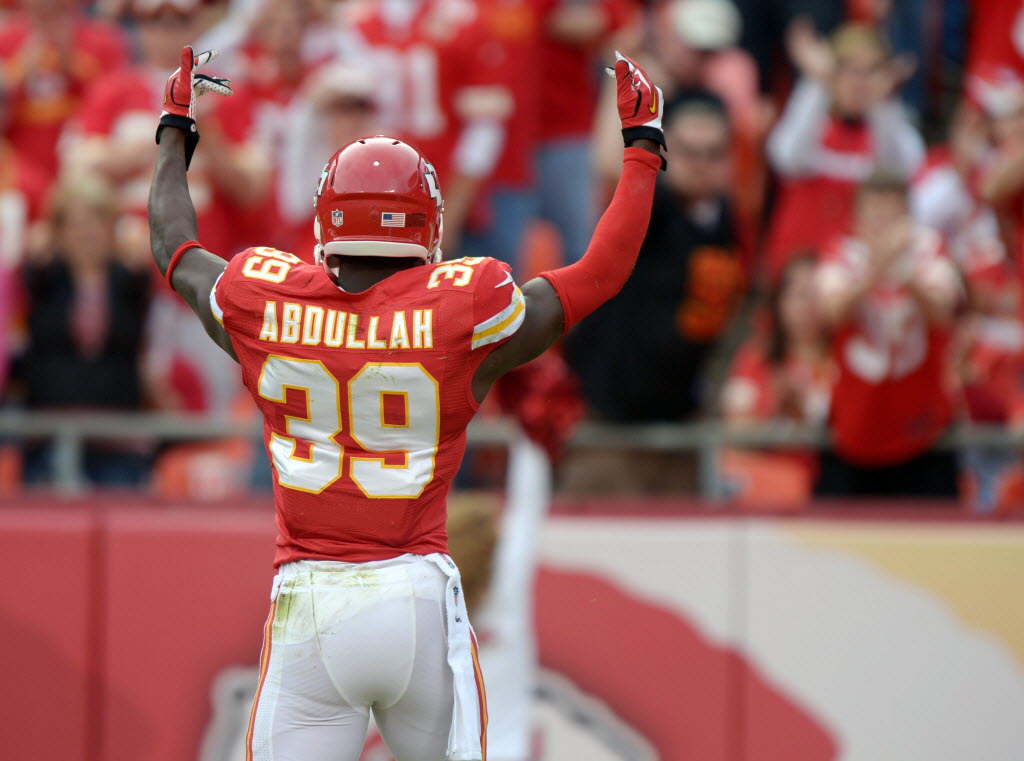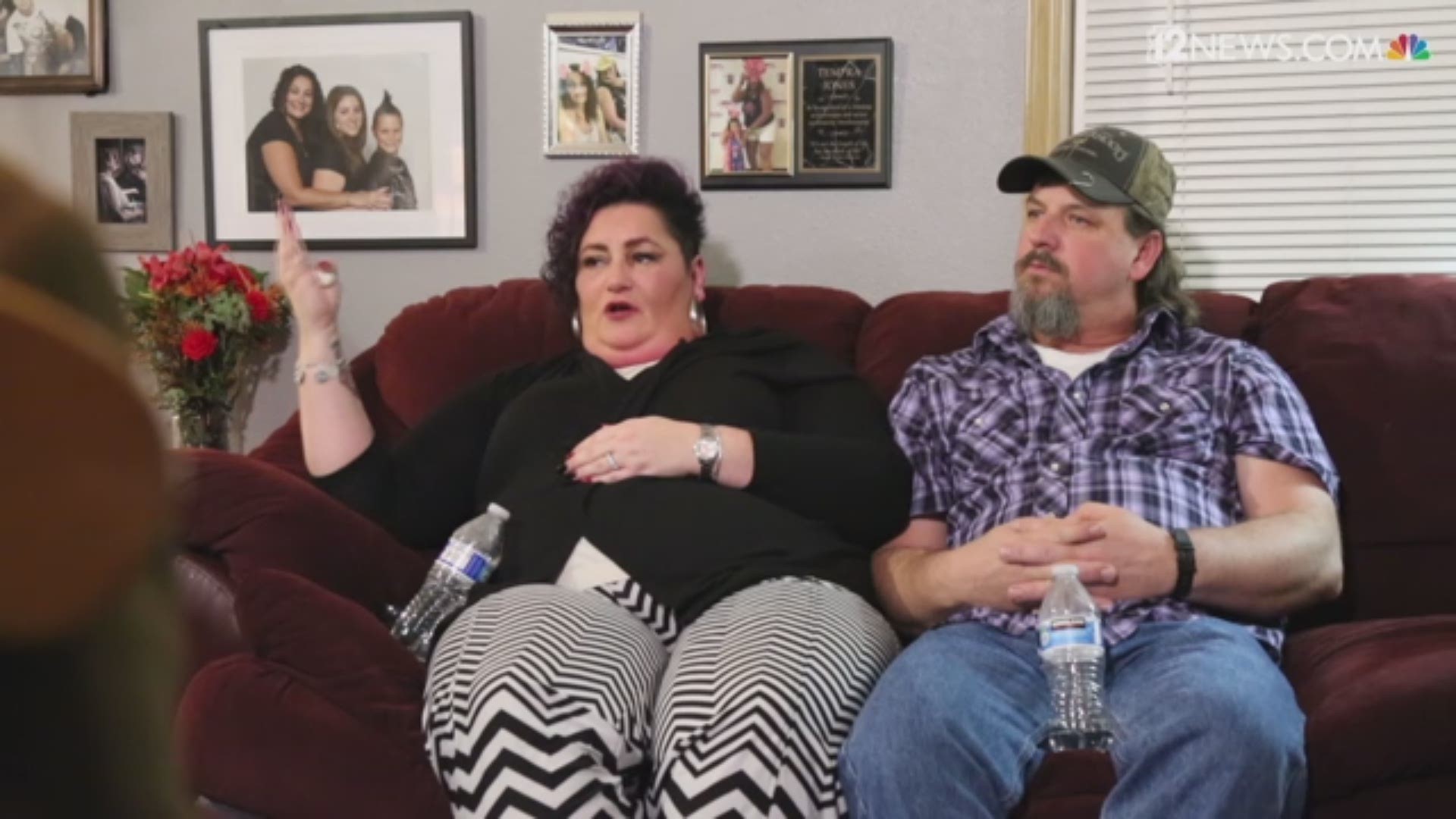Husain Abdullah has had a front-row seat to scientific advances and the NFL’s efforts to get a handle on head trauma in recent years.
The 30-year-old safety’s retirement Monday was borne not out of distrust or fear, but an acceptance his own medical history – including five concussions over seven seasons with the Minnesota Vikings and Kansas City Chiefs – puts him in a high-risk category at a time family and future goals are at the forefront of his mind.
“The information that they’re getting, the research they’re doing is awesome,” Abdullah told USA TODAY Sports by phone Tuesday. “(In) 2011, when I was put on injured reserve for a concussion, it was like no information whatsoever, so I can only imagine what it was like for guys in the ‘70s, the ‘80s, the 90s and the early 2000s. Even the rehab then versus the rehab now has gotten a whole lot better.
“But still, moving forward, nobody can say anything for certain that you’ll be good. And nobody can tell you for certain how to prevent another one and what the effects of the next one or just a hit might have. So, when I just started looking at that and looking at long-term health – I don’t want to be that boxer that just stayed around for too long.”
A devout Muslim, Abdullah made news in 2012 when he left the NFL and made a pilgrimage to the holy city of Mecca with two of his brothers, his mother and his father. He returned to football in 2013 and started 22 games over three seasons with the Chiefs, who wanted to re-sign him this offseason, Abdullah said.
But he had suffered his first concussion in more than four years on a bad-luck collision with a pursuing teammate in a Nov. 29 game against the Buffalo Bills. Abdullah's father, Yusuf Johnwell, died of heart failure Jan. 2 while in Kansas City to watch the Chiefs play the Oakland Raiders. On March 18, Abdullah’s fourth child, a daughter named Barraka, was born.
Combined with Abdullah’s desire to benefit broader society – among other things, he wants to help young people develop as human beings and is “game-planning” with brothers Hamza and Abbas to launch a foundation – the time was right for him to walk away from football.
“It’s just too dangerous for me,” Abdullah said. “I have a history of concussions. I don’t know what can trigger another one. It can be a routine play.
“The birth of my fourth daughter – it was like, man, I need to be here to protect her and not (rely on) her walking me around, taking care of me at a very young age. I don’t want that.”
Still, Abdullah sees signs of progress even since 2011, when news reports focused on “guys pretty much going crazy or guys killing themselves” pushed him further into a depressed state as he sought answers about the impact of his fourth concussion in less than two years. He got cleared by a specialist but decided to take a year off to gain life perspective anyway.
When Abdullah returned to football, he overhauled his tackling technique to get his head out of the play – a change he credits for helping him avoid a concussion for more than two full seasons. He underwent vestibular therapy after his November injury, which carried optical symptoms Chiefs doctors were able to treat more aggressively. He returned to see Dr. Michael Collins in Pittsburgh and further identify what was happening with his brain.
A poster in NFL locker rooms since 2010 has warned of the potential consequences associated with failing to report or treat concussion symptoms. The NFL has instituted protocol for removing players from games and return to play in addition to implementing dozens of safety-related changes to the game’s playing rules.
Nobody even talked about concussions when Abdullah started playing football in the mid-90s in California, he said. That has changed, too. Asked for his message to other football players at all levels, Abdullah repeated: Be smart. Learn proper techniques. Educate yourself.
“We all love football. We all want football to stay around. We all want this thing to keep on rolling,” Abdullah said. “We’ve just got to take care of this serious issue.”
***
Follow Tom Pelissero on Twitter @TomPelissero

![03-30-16-hussain-abdullah [image : 82427026]](http://www.gannett-cdn.com/media/2016/03/30/USATODAY/USATODAY/635949384482897468-abdullah.JPG)

